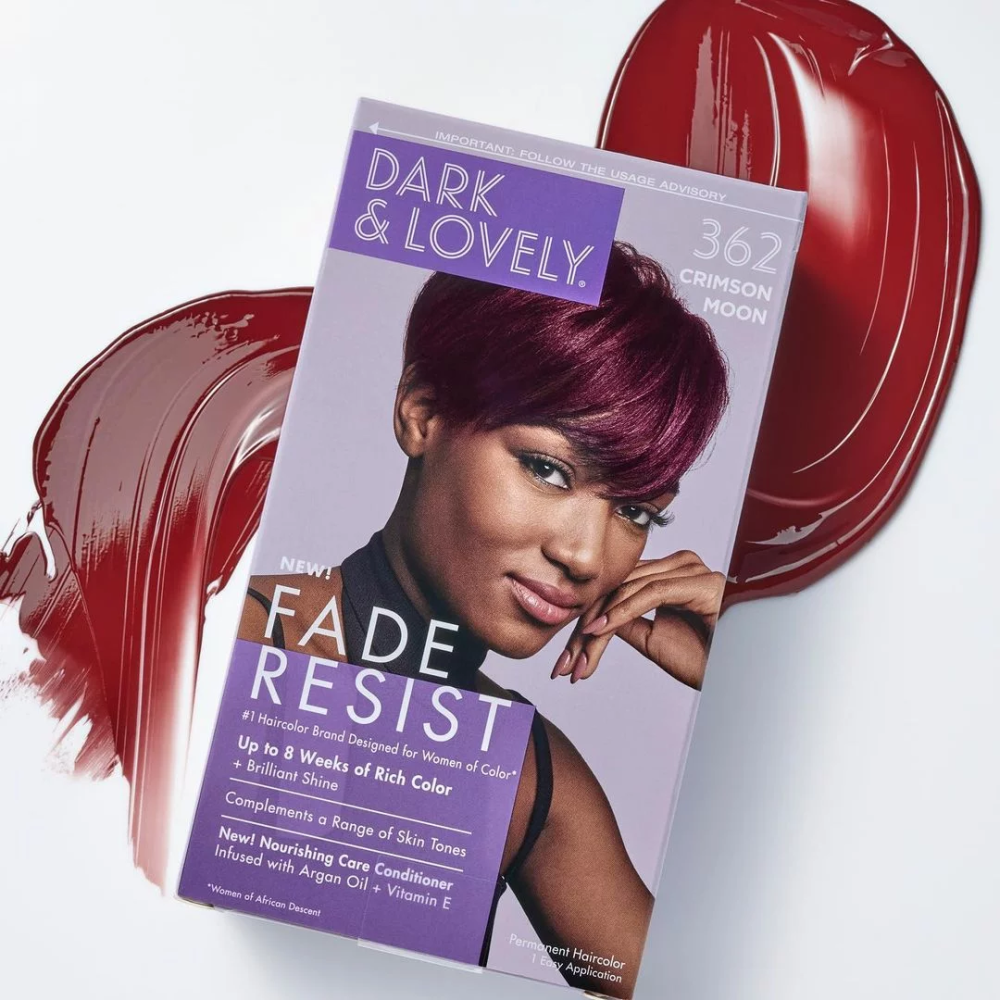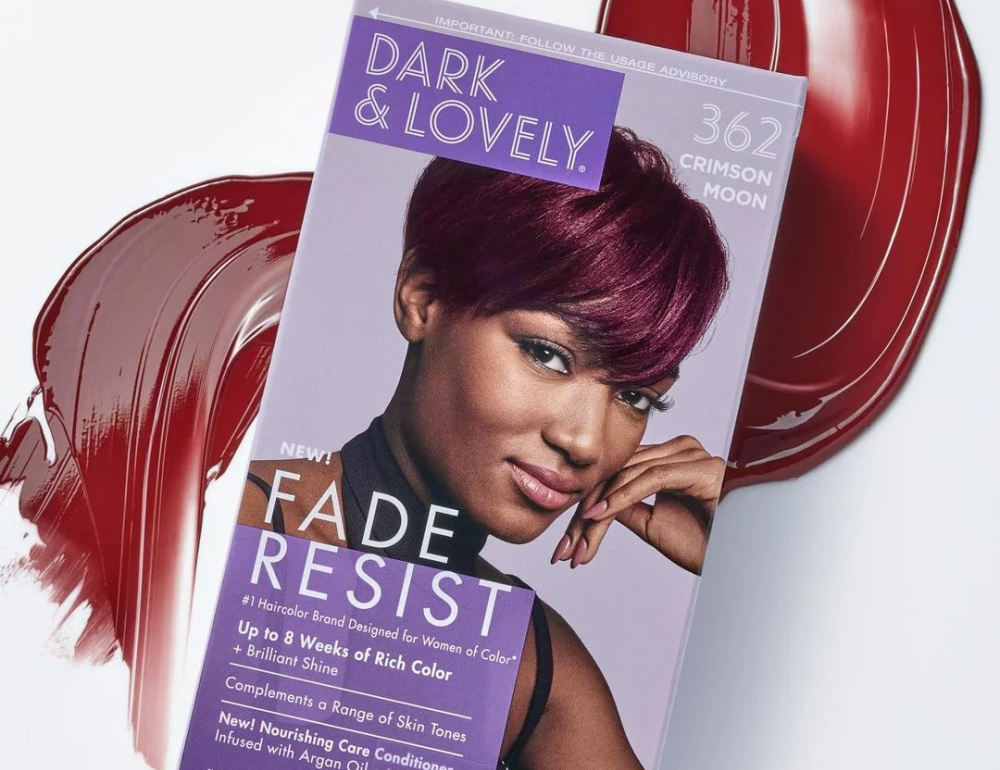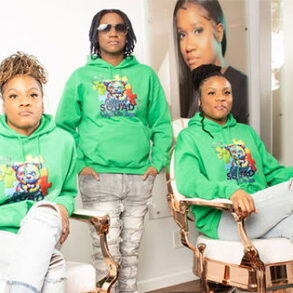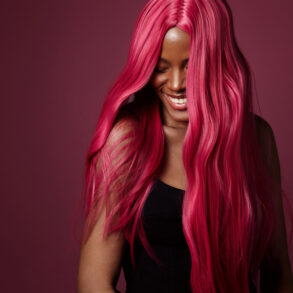
Recent scientific evidence has shown that long-term use of chemical hair relaxer products can increase the risk of uterine cancer and other hormone-related health conditions. This has prompted hair relaxer lawsuits against cosmetic companies like L’Oreal. These lawsuits allege that L’Oreal’s popular hair relaxer product, Dark & Lovely, caused uterine cancer and other injuries.
In this post, we will look at the new scientific evidence and the allegations that are being made against L’Oreal regarding its Dark & Lovely product.
About L’Oreal
L’Oreal is the biggest cosmetics company in the world. Headquartered in France, L’Oreal is a global entity with product sales and offices across the globe. L’Oreal can trace its roots back to 1919 when a French chemist developed and patented a line of hair dye products.
By 1950, L’Oreal had over 100 employees and was primarily focused on hair coloring. Over the next few decades, however, the company underwent a massive growth phase which was fueled by the explosion of the personal cosmetics market. L’Oreal rapidly expanded out of just hair dyes and into cleansers, makeup, fragrance, and other products. The company now has over 500 brands and 85,000 employees across the globe.
Globally, the L’Oreal parent company (a French corporation) operates through a number of international subsidiaries. The largest of these international units is L’Oreal USA, Inc., which is headquartered in New York City. L’Oreal is a publicly traded company, but private investors own only a small percentage of its shares.
L’Oreal has a market capitalization of $189 billion, which makes it one of the biggest companies in the world. In 2021, L’Oreal posted total revenue of $32.2 billion and net income of $4.6 billion.
SoftSheen-Caron, a L’Oreal subsidiary, also makes Softsheen-Carson Optimum, another hair relaxer at issue in this litigation.
Dark & Lovely and Other L’Oreal Hair Relaxers
Hair relaxers or hair straighteners are products used mostly by African American women to flatten their tightly curled hair. L’Oreal currently manufactures Dark & Lovely, which is the leading brand of chemical hair relaxer in the U.S.
The Dark & Lovely hair relaxer brand was first launched by a company called Carson Products back in 1978. It was the first hair relaxer product that did not use lye, which made it less likely to irritate the scalp. Dark & Lovely went on to become the dominant brand in the chemical hair relaxer market. In 1998, the Dark & Lovely brand was acquired by L’Oreal.
History of Hair Straightening
Garrett Augustus Morgan, a Black inventor, discovered and created a system that would permanently straighten afro-textured hair, eliminating the issue of shrinkage.
After conducting successful tests on a dog with curly hair and even his own hair, Morgan transformed his chemical solution into a gel-hair product.
This resulted in the creation of G.A. Morgan Hair Refining Cream, which was introduced to the market in 1913. Morgan’s invention served as a stepping stone for the development of alkaline relaxers and other chemical-based permanent hair straightening products in the Black hair care industry.
In 1971, the first lye relaxer was manufactured by Dark and Lovely. The formula contained sodium hydroxide, water, petroleum jelly, mineral oils, and emulsifiers. However, in the 1970s, lye relaxer users and manufacturers observed that the formula stripped proteins from the hair strand, resulting in hair thinning and breakage. Over time, other chemical relaxer manufacturers like developed herbal and botanical hair relaxer formulas that have toxic chemicals as we dig into more below.
New Evidence Links Dark & Lovely to Uterine Cancer
Hair relaxer products like Dark & Lovely contain a lot of strong chemicals because those chemicals are cheap and they straighten hair. Many of the chemicals in Dark & Lovely are known to disrupt the endocrine system, which interferes with hormone production.
In October 2022, the results of a major long-term study by NIH called the Sister Study were published in a leading medical journal. The study results were groundbreaking. They showed a clear link between the use of hair relaxers like Dark & Lovely and higher rates of uterine cancer. According to the study, women who used products like Dark & Lovely at least 4 times per year increased their risk of uterine cancer by 150%.
Chronic exposure to the chemicals in hair straightener products has also been linked to increased risks of breast cancer, and other health conditions involving the female reproductive system such as uterine fibroids and endometriosis.
Dark & Lovely Lawsuits
The publication of the NIH Sister Study quickly led to the first product liability lawsuits against L’Oreal and other cosmetic companies. These hair relaxer lawsuits are being filed by women who claim that their long-term use of relaxer products like Dark & Lovely caused them to develop uterine cancer (and other related diseases such as uterine fibroids).
The hair relaxer lawsuits also allege that cosmetic companies such as L’Oreal marketed their hair relaxer products as safe, when they knew or should have known that they could potentially increase the risk of uterine cancer.
A motion has already been filed seeking to have the hair relaxer lawsuits consolidated into a new MDL class action. This motion will most likely be granted as thousands of lawsuits could potentially be filed against L’Oreal and other companies alleging that their hair relaxer products caused uterine cancer or other injuries.
Potential Settlement Value of Dark & Lovely Lawsuits
Our hair relaxer attorneys believe that a successful Dark & Lovely lawsuit involving uterine cancer could have a potential settlement value range of $300,000 to $1.75 million.
Take this number with many grains of salt. It is early in this litigation. Liability has not been established. Settlement compensation projections are always speculation but particularly so this early in the litigation. But if these Dark & Lovely lawsuits are as viable as we believe they will be, the settlement values could be high. And L’Oreal is worth a great deal more money – nearly $300 billion – than most defendants in large class action lawsuits.
This is a wide value range simply because uterine cancer cases can present a wide range of circumstances. In an older, post-menopausal woman, uterine cancer is treatable and has a good survival rate. In cases involving younger women, however, treatment for uterine cancer often leaves them unable to have children and the cancer itself tends to be more aggressive.
Dark & Lovely lawsuits involving other injuries, such as uterine fibroids or endometriosis, will have lower potential settlement value for two reasons. First, the causation evidence linking these injuries to hair relaxers is less compelling. Second, these health conditions are not as serious as uterine cancer, which reduces their potential settlement value.
The Pressure on Black Women
Before we close this post, we should talk about the systemic problems that got us here. Prejudices based on hair style, particularly in the workplace, are something many Black women have experienced. This discrimination is often targeted toward women with natural hair or hairstyles commonly associated with their racial, ethnic, or cultural identities.
Hair discrimination can take many forms, including policies that prohibit or restrict certain hairstyles, dress codes that require individuals to conform to small-minded Eurocentric beauty standards, or discriminatory comments or behavior from co-workers or supervisors.
This is why many women feel compelled to ignore the risks and continue to use hair relaxers.
The CROWN Act
The CROWN Act (Creating a Respectful and Open World for Natural Hair) is a law that prohibits discrimination on the basis of hair texture and protective hairstyles, such as braids, locs, twists, and knots. The act aims to prevent discrimination against individuals with natural hair or hairstyles commonly associated with their racial, ethnic, or cultural identities.
The CROWN Act was first introduced in California in 2019 and was signed into law by Governor Gavin Newsom on July 3, 2019. Since then, several states have enacted similar laws, including New York, New Jersey, Virginia, Colorado, Washington, Maryland, and Nebraska.
On July 1, 2021, the CROWN Act was signed into law at the federal level by President Joe Biden, making it illegal to discriminate against individuals based on their hair texture or protective hairstyles in the workplace and public schools. The CROWN Act of 2021 amends existing federal civil rights laws to include hair discrimination as a prohibited form of racial or national origin discrimination.
The CROWN Act Does Not Solve Discrimination
While the CROWN Act is an important step towards eliminating discrimination based on hair texture and protective hairstyles, it is not a comprehensive solution to all forms of discrimination.
Discrimination can take many forms, including race, gender, sexual orientation, disability, age, and religion, among others. The CROWN Act specifically addresses discrimination based on hair texture and hairstyles but does not address other forms of discrimination that individuals may experience.
Furthermore, discrimination is a complex issue that is deeply rooted in social, cultural, and economic structures. Even with legal protections in place, discriminatory attitudes and behaviors can still persist, and it may take time and continued efforts to change societal norms and eliminate all forms of discrimination. The Civil Rights Act of 1964 did not end racism and the CROWN Act won’t end prejudice.
So while the CROWN Act is an important step toward promoting inclusivity and diversity, it is just one piece of a larger mosaic. Additional laws and policies, along with education and awareness-raising efforts, are needed to address the root causes of discrimination and take this ridiculous pressure off Black women.
Can we pin these deeply rooted prejudices on L’Oreal? No. But they sure were in a position to profit from it, weren’t they? And they had an obligation to make a safe product and tell women about the risks associated with hair relaxers and all the toxins in these chemical hair straighteners.
Contact Us About Filing a Dark & Lovely Lawsuit Against L’Oreal
Our firm is currently investigating product liability cases alleging that chemicals in L’Oreal’s Dark & Lovely hair relaxer cause uterine cancer and other forms of cancer. If you think you qualify for a lawsuit involving chemical hair straightener, contact our office today for a free consultation at 800-553-8082 or get a free online consultation.
This post was originally published on this site be sure to check out more of their content.









